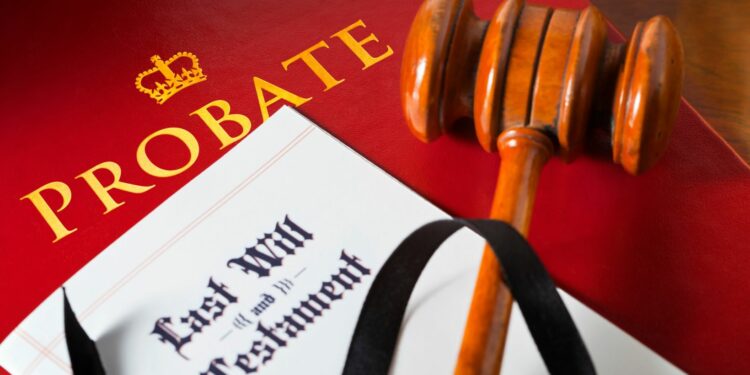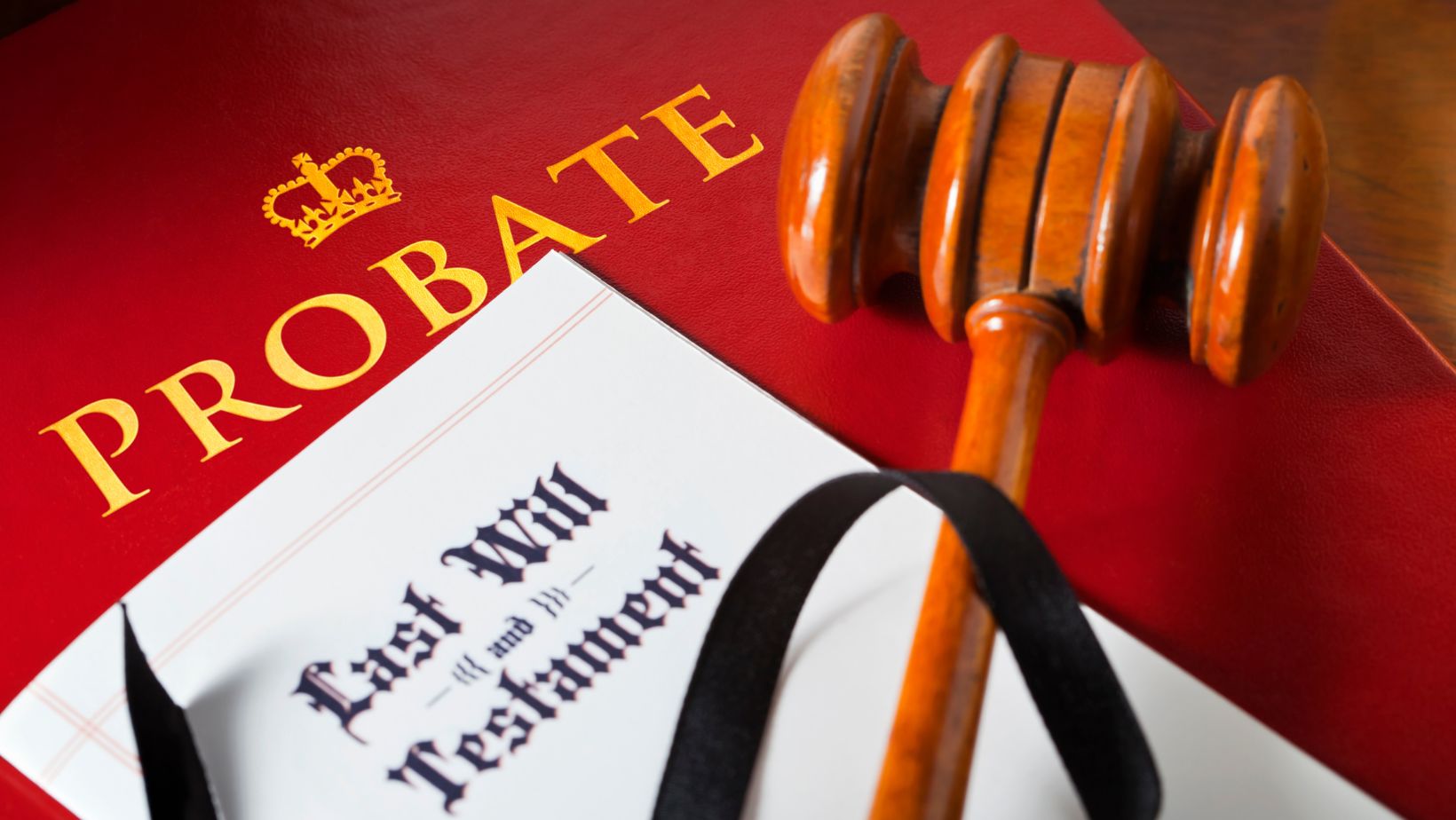A recent survey by Caring.com reveals some interesting insights into estate planning among Americans. The survey shows that approximately 32% of Americans currently have a will, while 40% do not because they believe they do not possess sufficient assets to warrant the creation of one.
Among young adults aged 18–34, estate planning has remained stable since 2020, which is different from what has been observed in other age groups. Income inequality and inflation have a big impact on estate planning. It has been observed that lower-income Americans are twice as likely to believe that they do not need a will.
Newport Beach probate lawyer Mark A. Ross says that when a person dies, their relatives or other interested parties may need to initiate the probate process to settle the deceased’s estate. This is to ensure that the deceased’s debts are paid and any remaining assets are distributed according to their wishes if a will exists or according to state law if there isn’t a will. This is for smaller estates valued at less than $166,250.
Let’s look at how probate works and its implications for you and your loved ones.
Understanding Probate
The law says that most heirs or children can inherit someone’s things when they die. This is what we call administration. In this situation, it is necessary to make a list of the person’s assets, settle any outstanding bills or taxes, and distribute the remaining assets to the individuals mentioned in their will.
The court responsible for handling estates will decide how to divide the property. Someone chosen by the court is in charge of the estate while the gift is being made. Before the assets are given to the people named in the will or the rules of intestacy, the creditors must be informed of the death, and their debts must be paid.
After that, they need to make a list of everything the person owns.
If a person who has filed for Chapter 13 bankruptcy dies before completing their repayment plan, their estate must go through probate. In Chapter 13, bankruptcy allows the debtor to propose a repayment plan that lasts three to five years. Addressing any remaining bankruptcy debts during the probate process is important. The bankruptcy and probate courts will collaborate to manage the estate’s bills and ensure that the repayment plan is adhered to or modified as necessary.
The Role of a Will in Probate
After a person dies, their will is sent to the estate court to be reviewed and approved. The court thoroughly examines the will to ensure it is up-to-date and follows the relevant rules and regulations.
When a person passes away, their will acts as a legal document that states who should inherit their possessions.
The individuals named in a will are commonly referred to as executors. It is important for them to adhere to the instructions outlined in the will. The executor is responsible for managing the deceased person’s assets once they have passed away. However, as mentioned, they should also take care of any outstanding bills or taxes that need to be paid.
After that, they can proceed to distribute the remaining belongings as specified in the will.
Another aspect of this is providing money, land, and other items to the individuals mentioned in the will. Distributing property and other assets is harder when there’s no will.
When a person passes away, the court appoints someone to ensure that their belongings are properly distributed or disposed of.
Probate Process Without a Will
What happens when a person passes away without having a will? The court needs to select someone responsible for ensuring their belongings are distributed to the appropriate individuals after they pass away.
This makes the estate process more difficult. When someone dies without writing a will, the court has to follow certain rules.
These rules are commonly referred to as “intestate succession rules.” In certain states, regulations determine what should happen if someone passes away without a will.
Often, the individual’s partner and children receive the largest sum of money. If someone does not have a partner or children, they could consider reaching out to distant cousins, friends, or family members.
When someone passes away without a will, the first step is to request the court to manage their property. This individual is typically a close friend or family member. Afterward, the court will carefully review the case, and if it concurs, it will send letters of administration to the individual selected as the administrator. This letter allows the individual to accomplish tasks.
The administrator is responsible for documenting all the deceased individual’s possessions. They will also need to take care of any outstanding taxes or bills. After that, individuals must adhere to the rules for intestate transfers to determine how to divide the remaining money and property.
It might be a good idea for the person in charge to seek assistance from a lawyer or accountant to ensure that everything is done correctly.
Key Steps in the Probate Process
To begin the probate process, you’ll need to file a petition with the court. This petition is a formal request to open, probate, and initiate the legal proceedings. Once the petition is filed, the court will review it and determine if it meets all the necessary requirements. The next step in the probate process is to notify all interested parties of the proceedings.
This typically involves sending formal notices to the beneficiaries named in the will.
After notifying the interested parties, the executor or personal representative will need to inventory and appraise the assets of the estate. This involves identifying and valuing all the property and possessions owned by the deceased at the time of their death.
The inventory and appraisal provide an accurate picture of the estate’s value, which is essential for settling debts, paying taxes, and distributing assets to the beneficiaries.
Once the assets have been appraised, the executor or personal representative can begin the process of paying the deceased’s debts and taxes. This may involve contacting creditors, liquidating assets, and obtaining appraisals to determine the value of certain items.
It’s essential to settle all outstanding debts and taxes before distributing any remaining assets to the beneficiaries.
Implications of Probate for You and Your Loved Ones
Obtaining a will is another important matter that concerns the general public. So, basically, anyone can access and view all the information about the estate. They can see how much it was worth and who got the money. Dealing with this loss of privacy can be challenging for some individuals and families.
If you want to avoid the complications that can arise from probate, it is advisable to establish a living trust, designate beneficiaries for your bank accounts, or gift your assets while you are still alive. These options are more quickly and for less money.
Conclusion
Whether you have a will or not, going through probate can be stressful. This is why it’s important to understand the key steps involved in probate and the implications it may have for you and your loved ones.
Seeking professional guidance can help handle the probate process and ensure a smoother transition of assets.



















